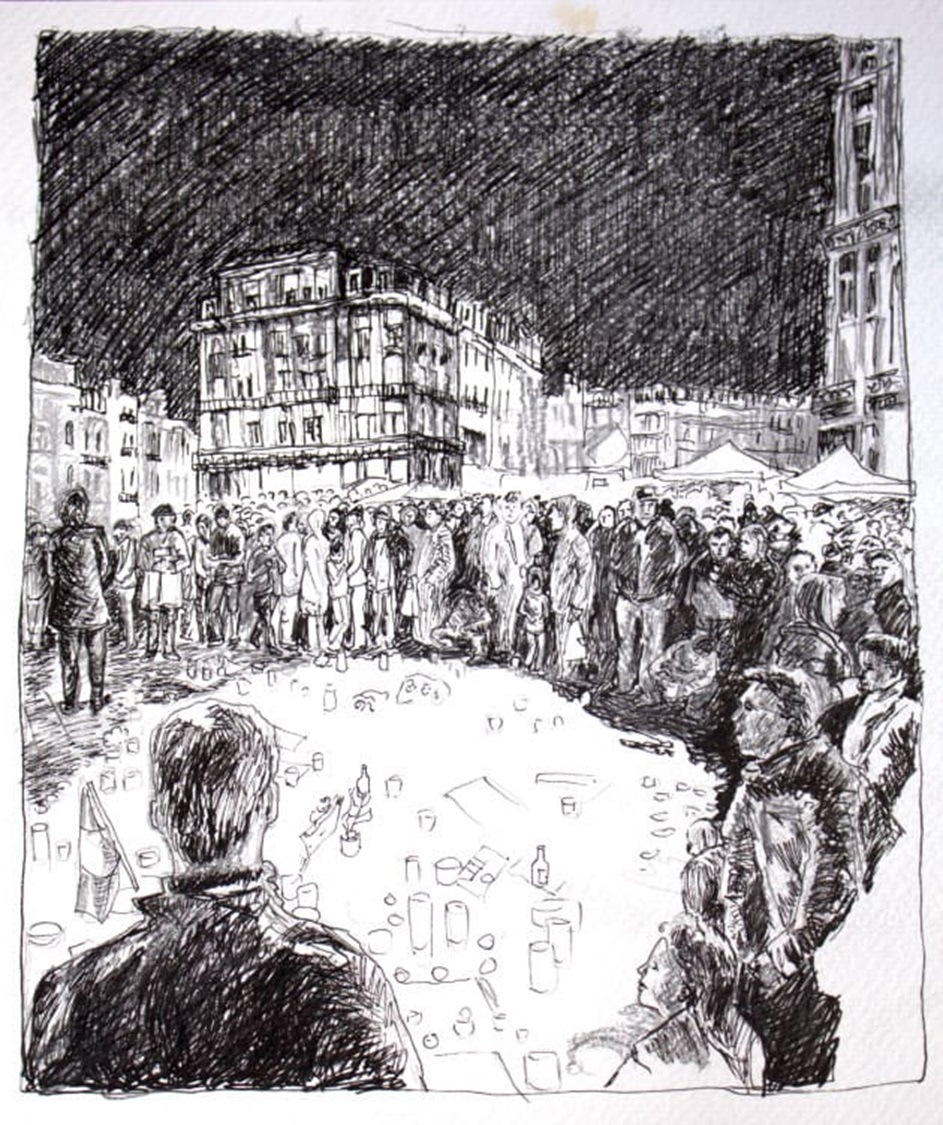Why “Urban Diversities – challenges for social work” project and the blended course are needed?
Throughout Europe (sub)urban areas face complex challenges. These challenges manifest themselves in an accumulation and intersection of conflicts and fracture lines between individuals, groups, cultures, classes, communities, networks, but also between groups and their institutional and political environments (governments, criminal justice systems, schools, social service providers, youth care). The complexity, fluidity, and particularity of these conflicts reflect the intricacy of their causes. These include the gentrification of some neighbourhoods and increasing social deprivation of others, transformations of urban spaces,08), growing social inequalities, superdiverse urban geographies to intersectionalities of age, class, gender, sexual orientation, and ableism expressed in issues of discrimination and the political discourses of ‘othering’.
For social workers and the educators whose responsibility it is to prepare them for practice, these (sub)urban transformations and complexities raise many challenges. Adequate knowledge about urban complexities is fragmented, fluid, and in many cases unavailable. It is also difficult to select which knowledges are relevant in which context, and how these different types of knowledges need to be combined, given the ongoing contested and contestable discussions on ‘care and control’ . In what circumstances and to what end should social workers intervene, or interfere, in people’s lives? What competencies are required in order to be able to assess when and how to intervene and who decides whether you have been ‘successful’ or not?
A separate challenge is intrinsically linked with the complexity of diverse urban settings. Engaging with diverse urban quarters to enhance learning processes for social workers is not a socially and politically neutral intervention. Political forces in certain European cities may, for example, try to discourage this learning process or even shape it, both for better and worse. Such interventions inevitably raise tensions and suspicions concerning negative surveillance of particular communities and othering of their inhabitants. They shape the learning process exposing the heart of complex, intersecting tensions, making the learning process both a part of the problem and the solution. As such, social work works at an individual and community level requiring skills in social casework, but also in community development, advocacy, and policy.
Despite these difficulties, social workers have to navigate these competing, contradicting, and paradoxical urban realities. In order to support the challenging nature of practice, schools of social work are experimenting with a variety of models of university–community partnerships. Amongst these models is community service learning (CSL), defined as a ‘pedagogical model that intentionally integrates academic learning and relevant community service’ . It is in the core of the Urban Diversities blended learning course.
Read more:
Claes, E, Schrooten, M, McLaughlin, H & Csoba, J 2021. Community service learning in complex urban settings: challenges and opportunities for social work education. In: Social work education. The international journal 2021 volume 40 issue 8.






